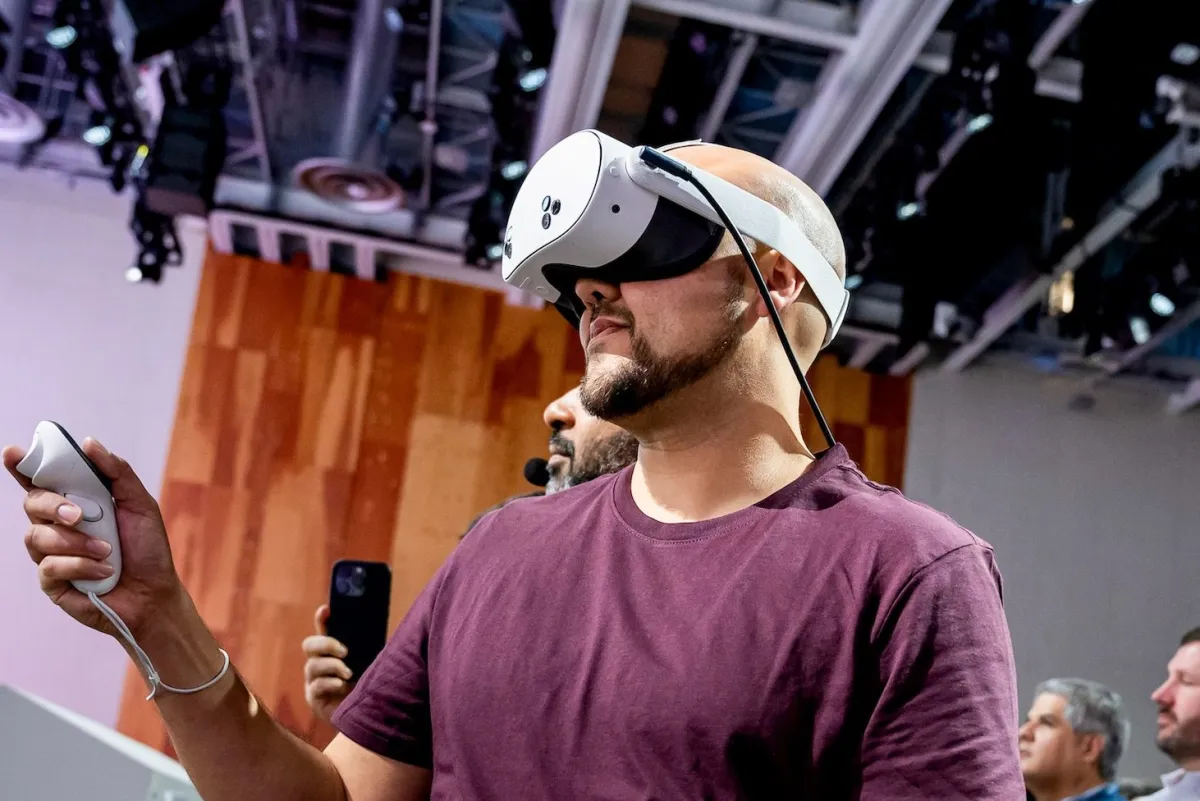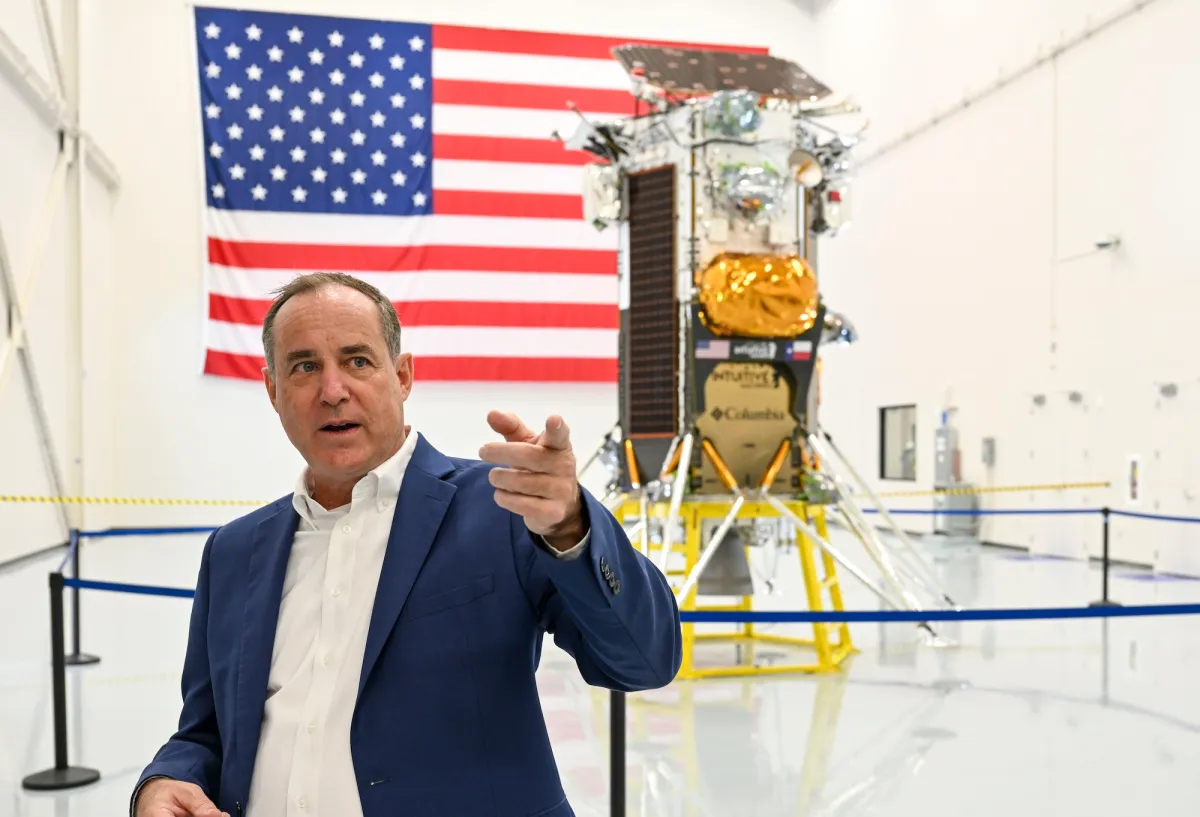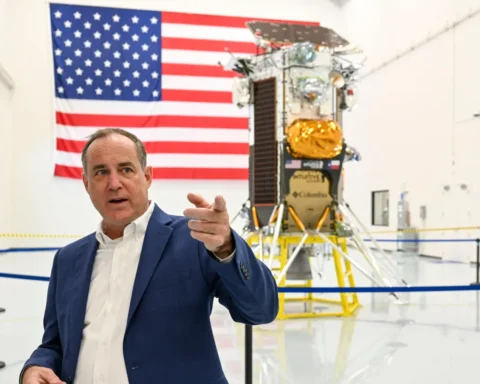Meta is taking its latest step in integrating virtual reality (VR) into education through a new partnership with universities in the U.S. and the U.K. The initiative, part of the Meta for Education beta program, seeks to enhance how educators utilize interactive and engaging content across various disciplines, including science, medicine, history, and language arts. Meta aims to make VR more mainstream in the classroom by providing 13 universities with access to an early version of its educational VR product.
The universities participating in the program include Arizona State University, Houston Community College, Imperial College London, Miami Dade College, Morehouse College, New Mexico State University, San Diego State University, Savannah College of Art & Design, The University of Glasgow, University of Iowa, University of Leeds, University of Miami, and University of Michigan. These institutions will test VR and mixed reality (XR) prototypes in class before the official product launch.
In addition to this, Meta is expanding its “digital twin” metaversity program to Europe, with the University of Leeds (U.K.), University of the Basque Country (Spain), and the University of Hannover (Germany) becoming the latest institutions to join the effort. This move follows Meta’s two-year partnership with VictoryXR, which helped create virtual university programs replicating real-world campus environments in the U.S.
Already underway at the University of Leeds, immersive classes focus on performance and theater. Starting in February 2025, the University of the Basque Country will offer courses in physiotherapy and anatomy, while the University of Hannover will launch immersive classes in the next academic year.
Meta’s push into education also aligns with its focus on integrating its Quest headsets with educational applications and tools. Despite continued financial losses from its Reality Labs division, which manages VR and AR projects, Meta remains committed to its vision of VR in education, anticipating that its investments will pay off as the ecosystem scales.
The move shows Meta’s determination to build the future of immersive education, even as it navigates the challenges of developing and scaling such advanced technology.









